 BOOKS
BOOKS In Which We Give Joan Didion Something To Remember Us By
 Sunday, July 19, 2009 at 11:55AM
Sunday, July 19, 2009 at 11:55AM You can find more of our Summer Reading series here and here.

Summer Reading
by ELEANOR MORROW
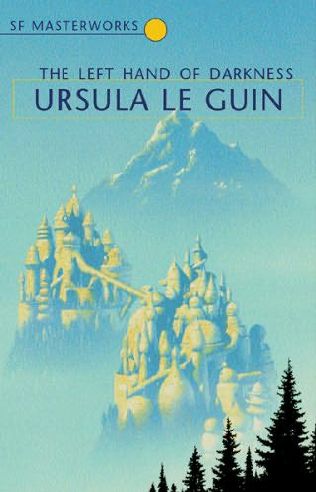
Alex and Andrew have been occupying the male side of the SFF spectrum, but what about the work of Ursula K. LeGuin? Know perhaps better for her classic bildungsroman The Wizard of Earthsea (Harry Potter when there was no such thing), this magnificent novel combines the worlds of fantasy and science fiction, and won a Hugo and Nebula in the year the Apollo 11 mission reached the moon. It is an endlessly deep tale, which would make a magnificent film. I won't spoil the particulars, but LeGuin is a hard genius.
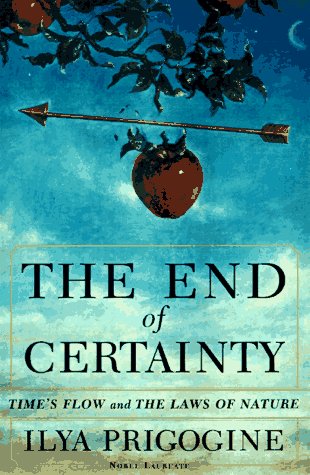
I was never much for physics; my instructor was a Russian immigrant and frankly I barely understood a word she said from the moment I met her to when I dropped out of her class with my C- average. Nevermind that, because Ilya Prigogine's masterpiece brings to bear all the things we can't understand. Some days I can't believe it myself that I'm walking on a planet, in a solar system, in the universe, in space.

Is Play It As It Lays a great novel? Probably depends on where you're standing. To a repressed New Englander, it was basically Fear of Flying in a literary package. The narrative concerns itself with an unhappy actress recovering from a nervous breakdown. No one writes seriously about these sorts of people, or even unseriously, but that's what makes Joan fun. She's essentially unserious even when she's at her most didactic. I still think this book is a lot of fun, although I sure wouldn't recommend the movie.

A beautiful, spare, short book about growing up. Read it on the way to somewhere. You will be more surprised by your arrival than you can imagine. Jaggy followed up this masterpiece with a father-daughter melodrama, S.S. Proleterka, but it's really Sweet Days of Discipline that is her masterpiece.
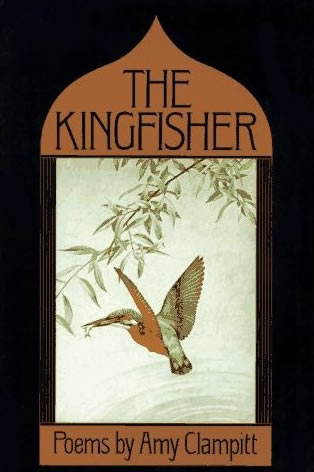
My favorite poet: instead of being blunt, she is delicate, praying over what normally doesn't get prayed over. A biting sense of humor, and a New York setting. Her Collected is probably more readily available, but The Kingfisher preserves her eye for the natural in any environment. The woman even wrote good poetry about trash.
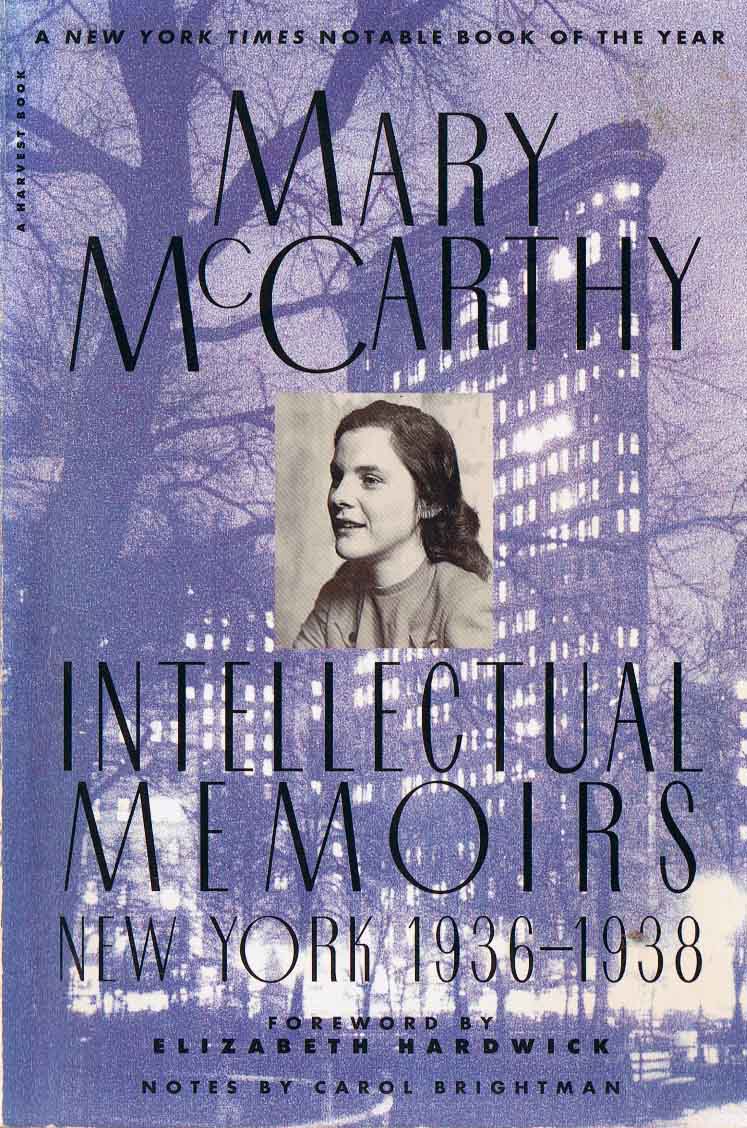
Perhaps the most forgotten genius of 20th century literature, McCarthy reaped accolades with her debut, The Company You Keep, a hilarious expose of the intellectual circles of the 1930s. Not exactly timeless, as her memoirs prove. She got around quite a bit, and had a lot of fun. Who knew that the 1930s were wild for some? I didn't. The polar opposite of her Minnesota mirror-universe writer Midge Decter's disturbingly weird autobiography, An Old Wife's Tale.
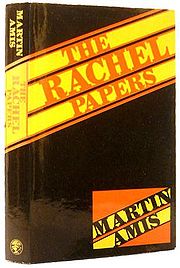
Some folks write that masterful first novel and quit trying. Amis never did, and probably bettered his heartsick debut. It was turned into a strange but funny film starring Ione Skye. Not much has been written perceptively about the experience and consequences of sex, let alone for teenagers, but this and Philip Roth's Goodbye, Columbus are short little masterpieces that their authors should probably have returned to more often than they did.
Eleanor Morrow is the senior contributor to This Recording. She lives in Manhattan, and tumbls here.

"Kids Aflame" - ARMS (mp3)
"Tiger Tamer" - ARMS (mp3)
"The Frozen Lake" - ARMS (mp3)
ARMS myspace

 eleanor morrow,
eleanor morrow,  summer reading
summer reading 




























































